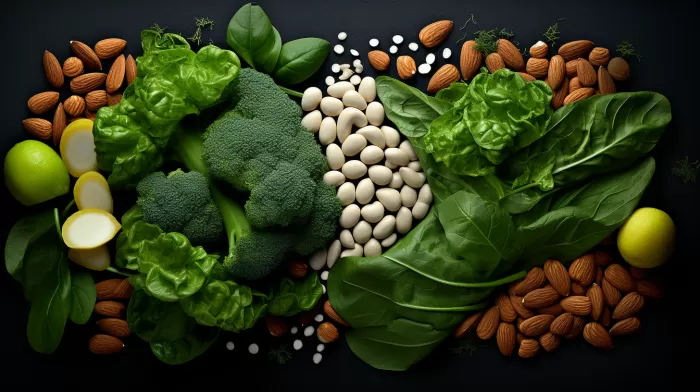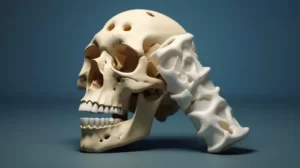Osteoporosis is a growing health concern among both older men and women, characterized by the thinning of bone and leading to increased fractures, bone loss, and in some cases, permanent disability. Rates of osteoporosis among men are expected to increase by 50 percent within the next 15 years. Major risk factors for developing the condition include diet, lifestyle, and poor overall nutrition. As a result, millions of individuals in the United States now rely on bone-building pharmaceutical drugs known as bisphosphonates. However, the Food and Drug Administration has recommended increasing cautionary language on the labels of these drugs due to their association with serious long-term side effects.
To address bone health, some natural solutions can be adopted which not only slow the breakdown of bone tissue but also help build new bone tissue over time. These include improving nutrient absorption, increasing calcium intake, consuming more magnesium, and incorporating vitamins D3 and K into one’s diet.
- Nutrient absorption: Ensuring that your body can absorb nutrients properly is crucial for bone health. If digestive health is weak, your body may leech essential minerals from bone tissue to aid the digestive process. You can help balance this process by taking extra minerals from food-based multi-mineral formulas and mineral-rich foods such as seaweeds and dark greens. Adding digestive enzyme support can also help prevent essential mineral depletion.
-
Calcium: Foods rich in calcium are essential for healthy bones and teeth, as well as the proper function of the heart, muscles, and nerves. Calcium-rich foods include dark green leafy vegetables such as bok choy, chard, kale, broccoli, dandelion greens, and cooked spinach, as well as sea vegetables like kelp and nori.
-
Magnesium: Many people, especially post-menopausal women, may be deficient in magnesium. To increase magnesium intake, consume green vegetables such as lightly cooked spinach, raw cacao (chocolate), beans, peas, nuts, seeds, and whole unrefined grains.
-
Vitamin D3: Research has shown the importance of vitamin D3 (cholecalciferol) for overall health, including calcium absorption and supporting the immune system. Vitamin D3 can be produced naturally by the body from UVB rays in sunlight, as well as from foods such as cod liver oil, shiitake mushrooms, and fatty fish like salmon, sardines, and mackerel.
-
Vitamin K: Both of Vitamin K’s two natural forms (K1 and K2) are critical for heart and bone health. Vitamin K2 ensures that the calcium you consume is deposited in your bones, not your blood vessels or other soft tissues. Vitamin K2 is found mostly in meat, organ meats (liver), cheese, egg yolks, and fermented foods like Natto, while K1 is found in leafy greens such as kale, spinach, chard, broccoli, Brussels sprouts, parsley, and romaine lettuce.
-
Regular exercise: A regular exercise regimen can help strengthen bones, prevent the breakdown of bone tissue, and increase muscle strength, coordination, and balance. Since bone is living tissue, it responds to exercise by becoming stronger and more durable. Some of the best types of exercise for bones are low-impact weight-bearing actions like light weight training, yoga, walking, and hiking.
Incorporating these natural solutions into your daily routine can help improve and maintain bone health, ultimately supporting overall wellness and vitality.



